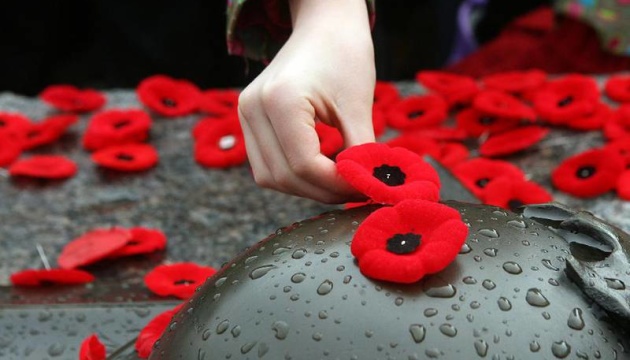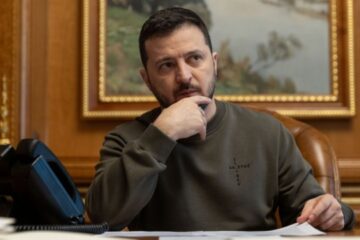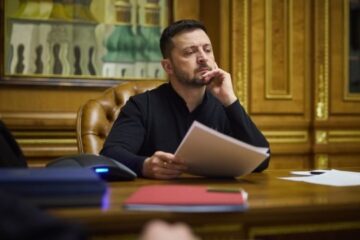
On the occasion of the 80th anniversary of the end of World War II in Europe, the foreign ministers of the Baltic States, Poland, the Czech Republic, Moldova, and Ukraine outlined five joint conclusions that should not be repeated in scenarios for the end of the Russo-Ukrainian war, so as not to lead to the mistakes of the past.
They wrote about this in a joint op-ed for The New York Times, Ukrinform reports.
The ministers emphasized that Russia’s aggressive war against Ukraine destroyed the security architecture that developed after World War II and the international system based on the UN Charter and the Helsinki Accords, and its completion will become the basis for a new architecture. “We offer the lessons from World War II that must be taken into account if we want to create lasting peace in Ukraine, rather than a pause before the next potentially disastrous global conflict,” the article says.
The first mistake, according to the foreign ministers, is appeasing the aggressor, which leads to even greater aggression, not peace, and concessions on illegal territorial claims are a catastrophic mistake. They recalled that the division of Czechoslovakia in 1938 only whetted the appetites of Nazi Germany and led to global war. “Learning from this lesson, Ukraine will never accept the legitimization of Russia’s occupation and annexation of any part of Ukraine’s territory. Respect for territorial integrity is a fundamental principle of international law. There will be no sustainable peace and security at the cost of Ukraine’s people, independence, sovereignty or territorial integrity,” the article emphasizes.
The second is the inadmissibility of agreements between major geopolitical actors on the “sphere of influence,” which is what the Kremlin dictator Vladimir Putin is currently seeking. “Our principled position is that no third country has veto power over the choice of unions and alliances of Ukraine or any other nation. Ukraine has already made its choice — the choice of the European Union and NATO,” the ministers write.
The third lesson is the need to punish the aggressor for crimes. “A lack of accountability breeds future atrocities. Nazi crimes were widely exposed, condemned, investigated and prosecuted, unlike Soviet ones,” the article notes.
The authors emphasize that Russia never condemned the crimes of the Stalinist regime, refused to compensate for the losses from the occupation, and its overall feeling of impunity led to revanchism and aggression against Georgia and Ukraine.
The ministers stressed that historical manipulations must be corrected, and a true assessment and deep understanding of history are the basis of democratic stability of society.
The ministers recalled that today Russia monopolizes victory over Nazism, which was gained by many nations and peoples. “Instead of commemorating World War II victims, Mr. Putin’s regime has crafted an ugly cult of victory, utilizing the collective victory over the Nazis to justify its current aggression and atrocities against Ukrainians. The upcoming May 9 parade, in which Russia annually marks the Soviet victory over Nazi Germany, is designed as the glorification of this cult. Mr. Putin will use it to rally more Russians to the front lines, solidify his regime and create an impression that his international isolation is fading. These plans must fail,” the foreign ministers stressed.
The top diplomats conclude that amid the current acute security deficit, it is necessary to strengthen defense capabilities, since Si vis pacem, para bellum (if you want peace, prepare for war). Given this, Ukraine will never agree to any restrictions on its armed forces size, defense capabilities, or military assistance.
According to the ministers, this is a common warning from the countries that suffered from the Munich Agreement, the Molotov-Ribbentrop Pact, and the Yalta Agreement.
“Learning these simple but important lessons of World War II is critical both to prevent the outbreak of World War III and to reinvent a fair international system with real security guarantees for peaceful democratic states that offers accountability for aggressors and deterrence of them,” the authors conclude.
As Ukrinform reported earlier, on May 8, Ukraine and the rest of the world celebrate the 80th anniversary of the victory over Nazism in World War 2 of 1939-1945.
Source: Seven European foreign ministers recall lessons of WW2 amid peace talks on Ukraine



